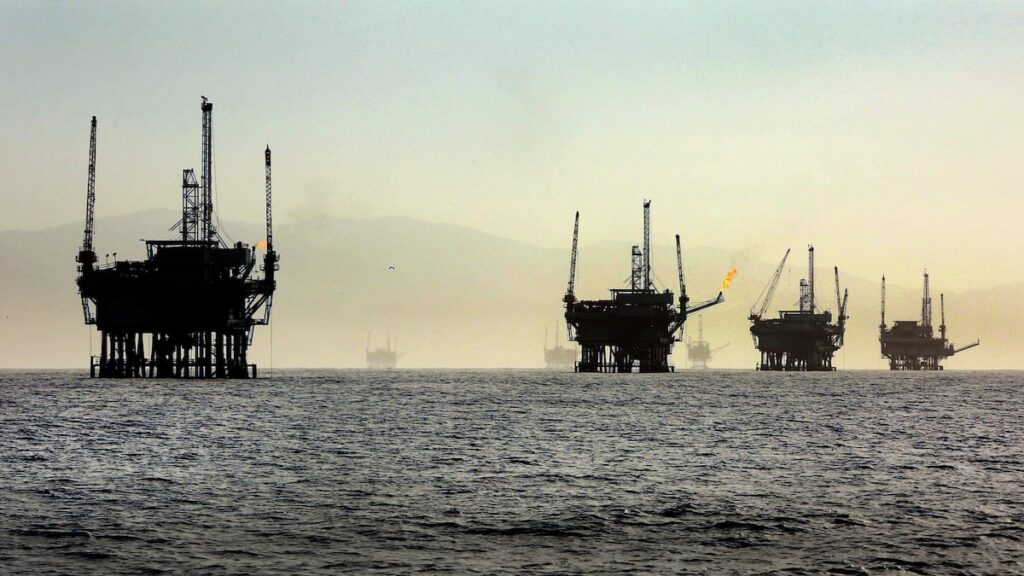On January 6, President Joe Biden unexpectedly ended offshore oil and gas drilling on the East and West Coasts, the eastern Gulf of Mexico, and parts of Alaska’s northern Bering Sea. Many conservationists are now faced with the question: What are the chances that this ban will remain under the new administration?
“That’s ridiculous. I’m going to lift the ban immediately. I’m going to ban it. I have the right to lift the ban immediately,” President-elect Donald Trump said in a radio interview with conservative host Hugh Hewitt. ” But President Trump may have a hard time keeping his end of the bargain, as there may be legal precedent blocking this commitment.
Each state can lease its own land within three nautical miles, but anything beyond that is governed by federal law. Biden’s actions were accomplished through two presidential memoranda that leveraged the Outer Continental Shelf Lands Act of 1953, which allows the president to protect unleased lands on the outer continental shelf from oil and gas development.
During his last presidential term, President Trump tried to overturn the Obama administration’s decision to protect the Arctic Ocean from drilling under the Outer Continental Shelf Act. The order was later reversed in 2019 by a judge appointed by President Obama, who said the order was “unlawful and invalid.”
Penn State law professor Hannah Wiseman told FactCheck.org that legal precedent suggests this could be a sequel because a sitting president does not have the power to reverse an earlier repeal.
Perhaps the answer lies in whether the energy industry can be held accountable under the next administration. Trump is known for his strong support for energy independence, regardless of whether the energy is clean or not.
President Trump has nominated Chris Wright, CEO of Liberty Energy, North America’s second-largest hydraulic fracturing company, to be Secretary of Energy in his new Cabinet. While this is a cause for concern for many, especially those who support a ban on offshore drilling, there appears to be a glimmer of hope.
Wright surprised many during his Senate confirmation hearing by expressing his belief in human-caused climate change. He also expressed support for America’s diverse energy sector, from wind to solar to geothermal. His company has invested in Fervo Energy, a geothermal energy company, and Mr. Wright serves on the board of Oklo, a company developing small modular nuclear reactors.
Given this reality, we return to the question of whether the two presidential memorandums on offshore drilling will be honored. The ultimate decision seems to depend on whether this is something President Trump is willing to fight this early in his term, with his team already planning to issue hundreds of executive orders in his first months in office. It states that.
Spend your days with Haze
Subscribe to the free Stephinitely Newsletter
Columnist Stephanie Hayes shares her thoughts, feelings, and interesting business stories every Monday.
Everyone is registered!
Want more free weekly newsletters in your inbox? Get started.
consider all options
Carly Dempsey recently graduated from Florida Atlantic University with a major in Biology and a minor in Political Science. She is currently finalizing a manuscript for research in the FAU Aquatic Botany and Ecology Laboratory. This opinion piece was distributed by the Invading Sea website (www.theinvadingsea.com), which publishes news and commentary on climate change and other environmental issues affecting Florida.

